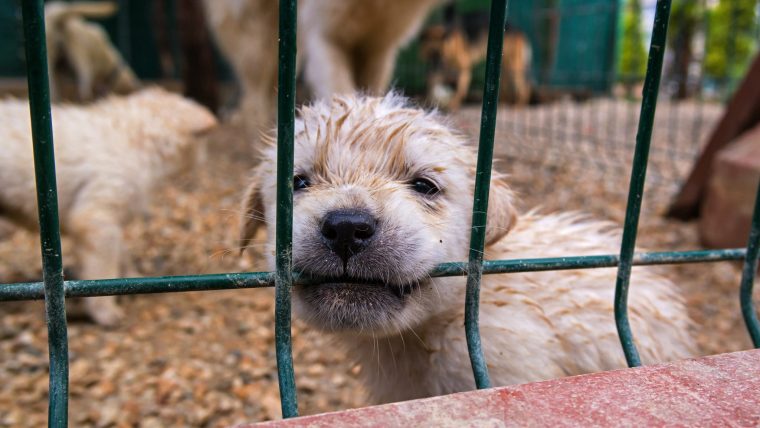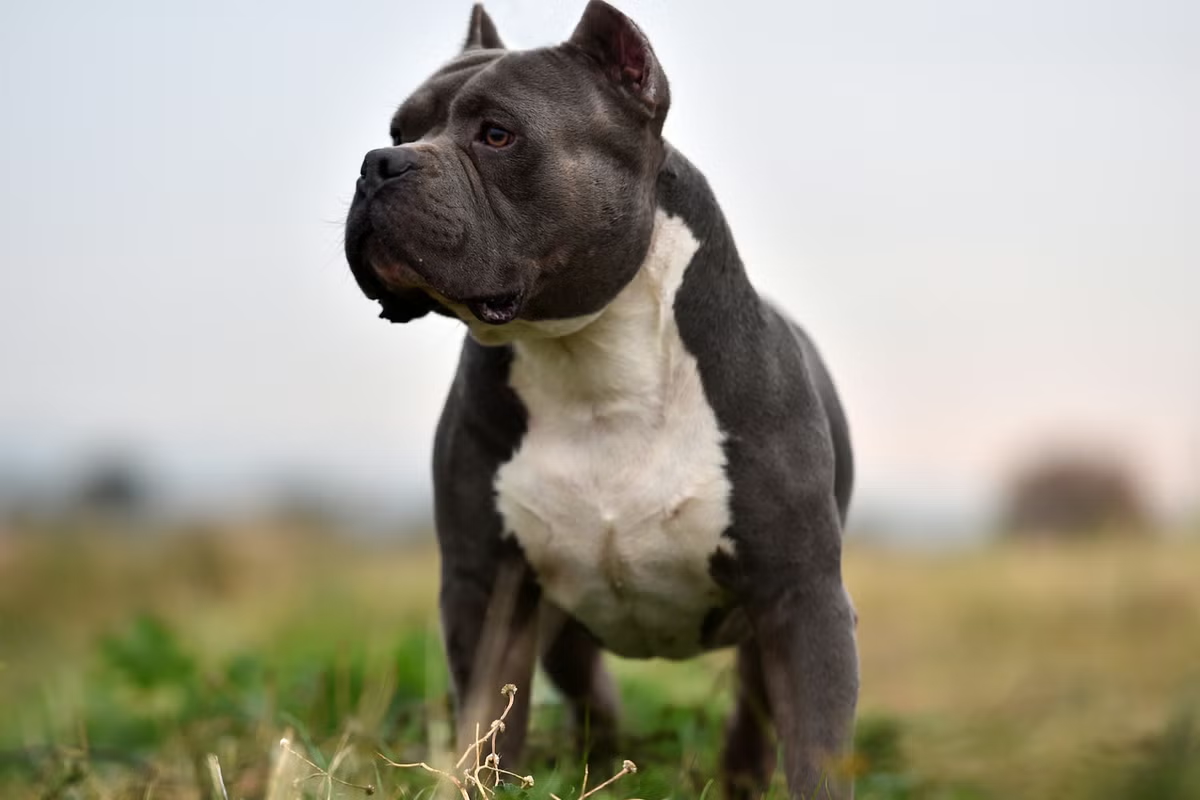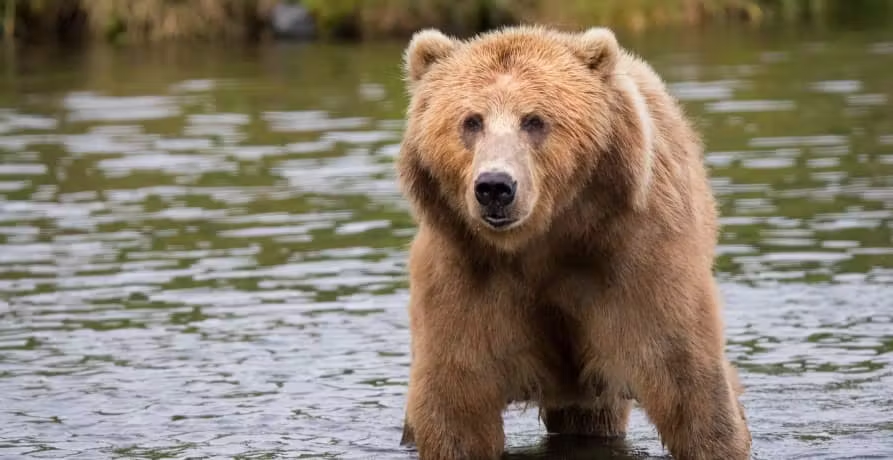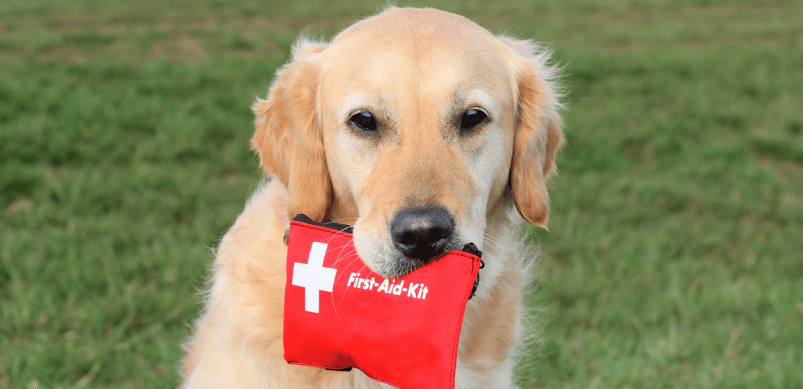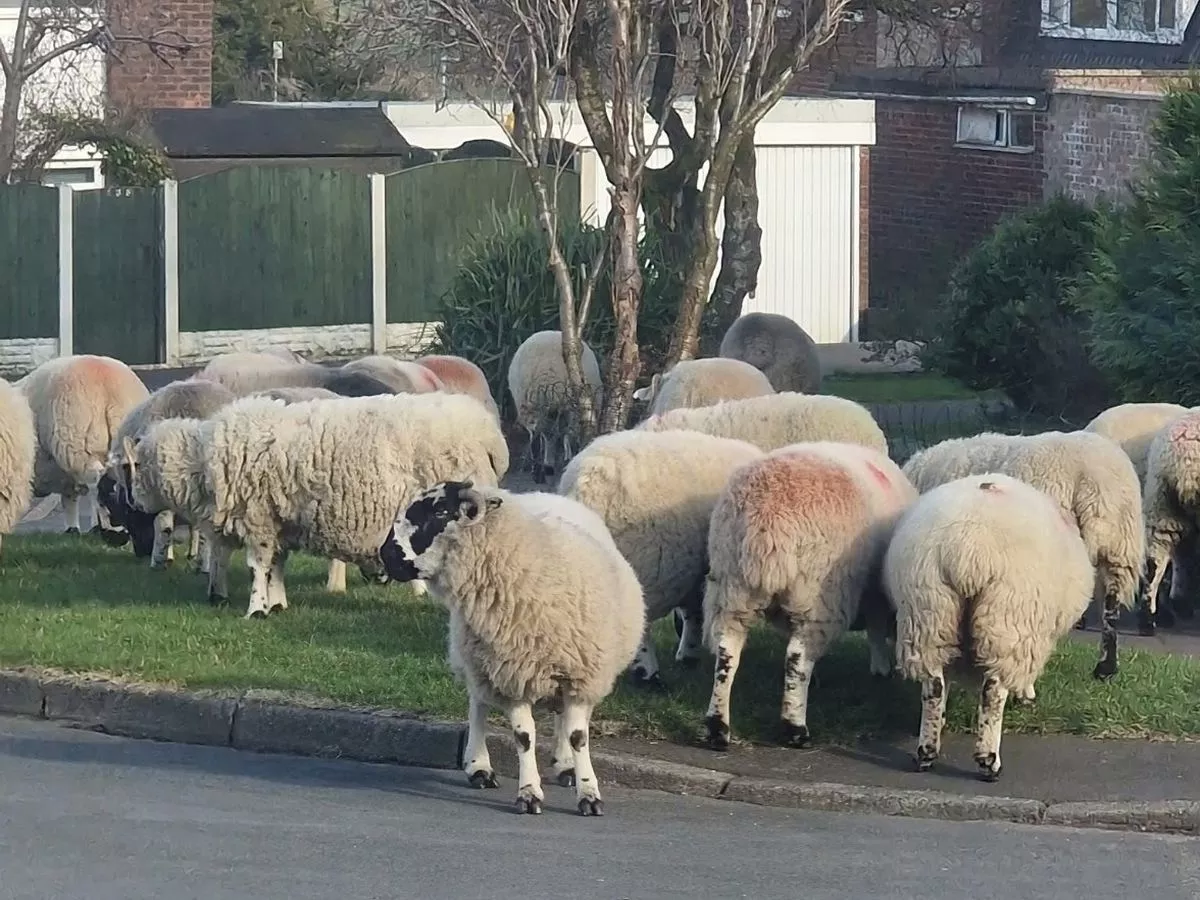Growing public support for animal welfare reflects a shift in how we view our relationship with animals. My dog, Bella, a rescue mutt with soulful eyes, taught me how deeply people can connect with animals—and how much we want to protect them. From farm animals to pets, the call for stronger welfare laws is louder than ever, driven by compassion and a demand for ethical treatment. This article explores why the public is rallying for better animal welfare protections, the laws shaping this movement, and how you can join the cause.
Why Public Support for Animal Welfare Is Growing
Across the globe, people are increasingly vocal about protecting animals from cruelty and neglect. Surveys show that 84% of Europeans want better welfare for farmed animals, and similar sentiments echo in the U.S. and beyond. This surge is fueled by greater awareness of animal suffering, from factory farms to puppy mills, amplified by social media and advocacy groups.
The Role of Awareness and Media
Graphic exposés of factory farming and viral rescue stories have opened eyes to animal suffering. Platforms like X share real-time updates on cruelty cases, sparking public outrage and calls for change. When I saw a video of caged hens unable to move, it hit me hard—knowledge drives action.
Ethical and Environmental Connections
Many now see animal welfare as tied to ethics and sustainability. Poor welfare practices harm animals, workers, and the planet. Consumers are choosing humane products, reflecting a broader desire for systems that respect all life.
Key Animal Welfare Issues Driving Public Demand
The public’s push for better protections centers on specific areas of animal suffering. From industrial farming to entertainment, these issues highlight why reform is urgent.
Factory Farming and Confinement
Over 70 billion animals are raised for food annually, often in cramped, inhumane conditions. Battery cages, gestation crates, and veal crates restrict movement, causing physical and psychological harm. Public campaigns, like those by the RSPCA, are pushing to end these practices.
Puppy Mills and Pet Trade
Puppy mills prioritize profit over animal health, leading to overcrowded cages and untreated illnesses. The public’s horror at these conditions has fueled laws like Lucy’s Law in the UK, banning third-party puppy sales. Bella’s skittish nature when I adopted her hinted at her rough start in a mill.
Animal Testing and Research
Millions of animals endure testing for cosmetics, drugs, and research, often in painful conditions. Public support for cruelty-free alternatives is growing, with groups like Humane World advocating for non-animal methods.
Wildlife in Captivity
Zoos, circuses, and marine parks often keep animals in unnatural settings, leading to stress and shortened lifespans. The 2023 Animal Welfare Institute report noted 85% of animal welfare claims by companies lack substantiation, fueling calls for stricter oversight.
| Issue | Public Concern | Proposed Solution |
|---|---|---|
| Factory Farming | Extreme confinement, suffering | Ban cages, promote free-range systems |
| Puppy Mills | Overbreeding, poor health | Stricter licensing, ban pet shop sales |
| Animal Testing | Painful experiments, outdated methods | Fund non-animal research alternatives |
| Captive Wildlife | Unnatural habitats, stress | Enforce stricter welfare standards |
Existing Animal Welfare Laws and Their Gaps
Laws like the U.S. Animal Welfare Act (AWA) and the UK’s Animal Welfare Act 2006 set standards, but enforcement and scope remain limited. Understanding these laws shows where public advocacy can make a difference.
The U.S. Animal Welfare Act (AWA)
Signed in 1966, the AWA regulates animals in research, zoos, and commerce but excludes birds, rats, and mice, leaving millions unprotected. Weak enforcement by the USDA allows violations to persist, as seen in the Envigo beagle case, where 4,000 dogs were rescued.
UK’s Animal Welfare Act 2006
This law introduced a duty of care for pet owners and farmers, emphasizing prevention over reaction. However, it struggles with enforcement due to limited resources, prompting groups like the RSPCA to push for stronger measures.
European Union Standards
The EU leads with robust welfare laws, with 83% of citizens supporting limits on animal transport times. Yet, practices like fur farming persist, with a 2023 initiative, Fur Free Europe, calling for bans.
Gaps in Global Enforcement
- Weak penalties: Fines or warnings often fail to deter violators.
- Exemptions: Farm animals and certain species lack coverage.
- Underfunding: Agencies like USDA’s APHIS face resource shortages.
- Loopholes: Puppy mills and zoos exploit vague regulations.
The public demands laws that close these gaps, ensuring accountability and broader protections.
Public Actions Fueling Change
From protests to petitions, people are actively shaping animal welfare policy. These grassroots efforts show the power of collective action.
Advocacy and Petitions
Groups like the Animal Welfare Institute encourage signing petitions, such as supporting the SAFE Act to ban horse slaughter. Over 1 million signed the Fur Free Europe petition, showing public influence.
Consumer Choices
Shoppers are choosing cage-free eggs and cruelty-free cosmetics, driving market shifts. In 2024, nine retailers committed to humane shrimp stunning due to public pressure.
Social Media Campaigns
X posts amplify welfare issues, like the RSPCA’s push against CO2 pig slaughter. Viral campaigns raise awareness and pressure lawmakers, making every share count.
Pros and Cons of Stronger Animal Welfare Laws
| Pros | Cons |
|---|---|
| Reduces animal suffering and cruelty | Higher costs for farmers and producers |
| Improves public health via better biosecurity | Resistance from industries reliant on status quo |
| Aligns with ethical consumer values | Enforcement requires significant funding |
| Enhances sustainability and food safety | Potential trade disputes over standards |
How Governments Are Responding
Governments are feeling the pressure, with new policies reflecting public demand. These efforts show progress but also highlight areas needing more work.
UK’s Action Plan for Animal Welfare
Launched in 2021, this plan bans live exports for slaughter and supports annual vet reviews for farmers. It aims to align food labeling with welfare standards, helping consumers make informed choices.
EU’s Legislative Push
The EU’s 2022 survey showed 90% of citizens want ethical farming practices. The European Commission is evaluating fur farming bans and transport limits by 2026.
U.S. Legislative Efforts
Bills like the Animal Welfare Enforcement Improvement Act (H.R. 3859) aim to strengthen AWA licensing and transparency. Public support is crucial for these to pass.
How You Can Support Animal Welfare
Joining the movement is easier than you think. Whether through advocacy or daily choices, your actions matter.
Adopt, Don’t Shop
Choosing rescue pets over pet store animals reduces demand for puppy mills. Bella’s adoption through the ASPCA inspired me to advocate for others. ASPCA.org offers adoption resources.
Support Humane Products
Look for labels like “cage-free” or “cruelty-free.” Apps like Cruelty-Cutter help identify ethical brands. Cruelty-Cutter is a great tool for shoppers.
Join Advocacy Groups
- ASPCA Advocacy Brigade: Get alerts on animal welfare bills. ASPCA.org
- Animal Welfare Institute: Support petitions like the SAFE Act. AWIonline.org
- FOUR PAWS: Advocate for ending the dog and cat meat trade. Four-Paws.org
Volunteer or Donate
Local shelters and groups like Humane World need volunteers and funds. Even $10 helps provide food or medical care. HumaneWorld.org lists opportunities.
People Also Ask (PAA)
Why is animal welfare important to the public?
Animal welfare matters because it reflects ethical values, improves public health, and supports sustainability. People want animals treated with respect, aligning with compassion for all living beings.
What laws protect animal welfare?
In the U.S., the Animal Welfare Act regulates research and zoos, while the UK’s 2006 Act covers pets and farm animals. EU laws set high standards but vary by country.
How can I help improve animal welfare?
Adopt pets, choose humane products, and support advocacy groups like the ASPCA or RSPCA. Signing petitions and sharing campaigns on X also amplify the cause.
What are the biggest animal welfare issues today?
Factory farming, puppy mills, animal testing, and captive wildlife face the most scrutiny. Public campaigns focus on banning cruel practices like battery cages and fur farming.
FAQ Section
Q: What is animal welfare, and why does the public care?
A: Animal welfare ensures animals are treated humanely, with access to food, shelter, and freedom from pain. The public cares due to ethical concerns, health risks, and environmental impacts.
Q: How effective are current animal welfare laws?
A: Laws like the AWA set standards but lack enforcement and exclude many animals. Public pressure is pushing for stronger regulations and better oversight.
Q: Can consumer choices really improve animal welfare?
A: Yes, buying cage-free eggs or cruelty-free products shifts market demand, forcing companies to adopt humane practices. Public support drives these changes.
Q: How do I find organizations to support animal welfare?
A: Check ASPCA.org, AWIonline.org, or RSPCA.org.uk for reputable groups. Local shelters also need support.
Q: Are there grants for animal welfare initiatives?
A: Yes, organizations like the ASPCA and Petco Foundation offer grants for shelters and advocacy. Websites like GrantWatch.com list opportunities.
Comparison: Animal Welfare vs. Animal Rights
| Aspect | Animal Welfare | Animal Rights |
|---|---|---|
| Focus | Improving treatment, reducing suffering | Ending all animal use, granting rights |
| Public Support | Broad, mainstream support | Polarized, less widespread |
| Examples | Cage-free eggs, better zoo conditions | Banning meat consumption, lab testing |
| Key Advocates | ASPCA, RSPCA, Humane World | PETA, Gary Francione, Tom Regan |
Animal welfare focuses on practical improvements, aligning with public sentiment, while animal rights seeks systemic change, often sparking debate.
Conclusion: A United Call for Compassion
The public’s backing for animal welfare is a powerful force, driven by compassion and a demand for ethical treatment. From Bella’s rescue to global campaigns against factory farming, people are speaking up—through petitions, purchases, and protests. By supporting stronger laws, choosing humane products, and joining advocacy groups, you can help make a difference. Every small action counts, and together, we can ensure animals live with the dignity they deserve.
